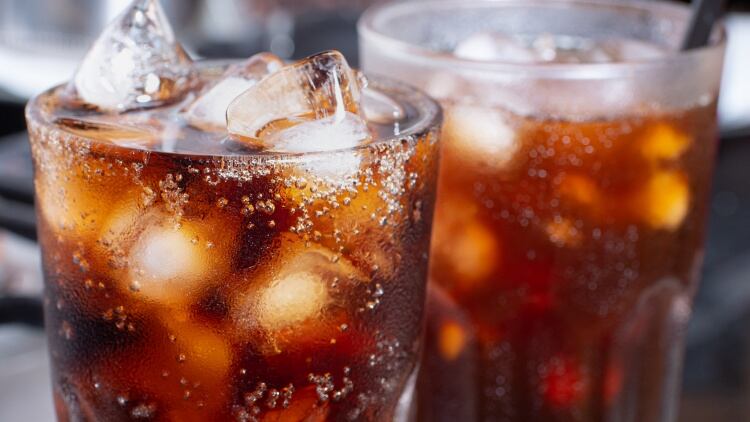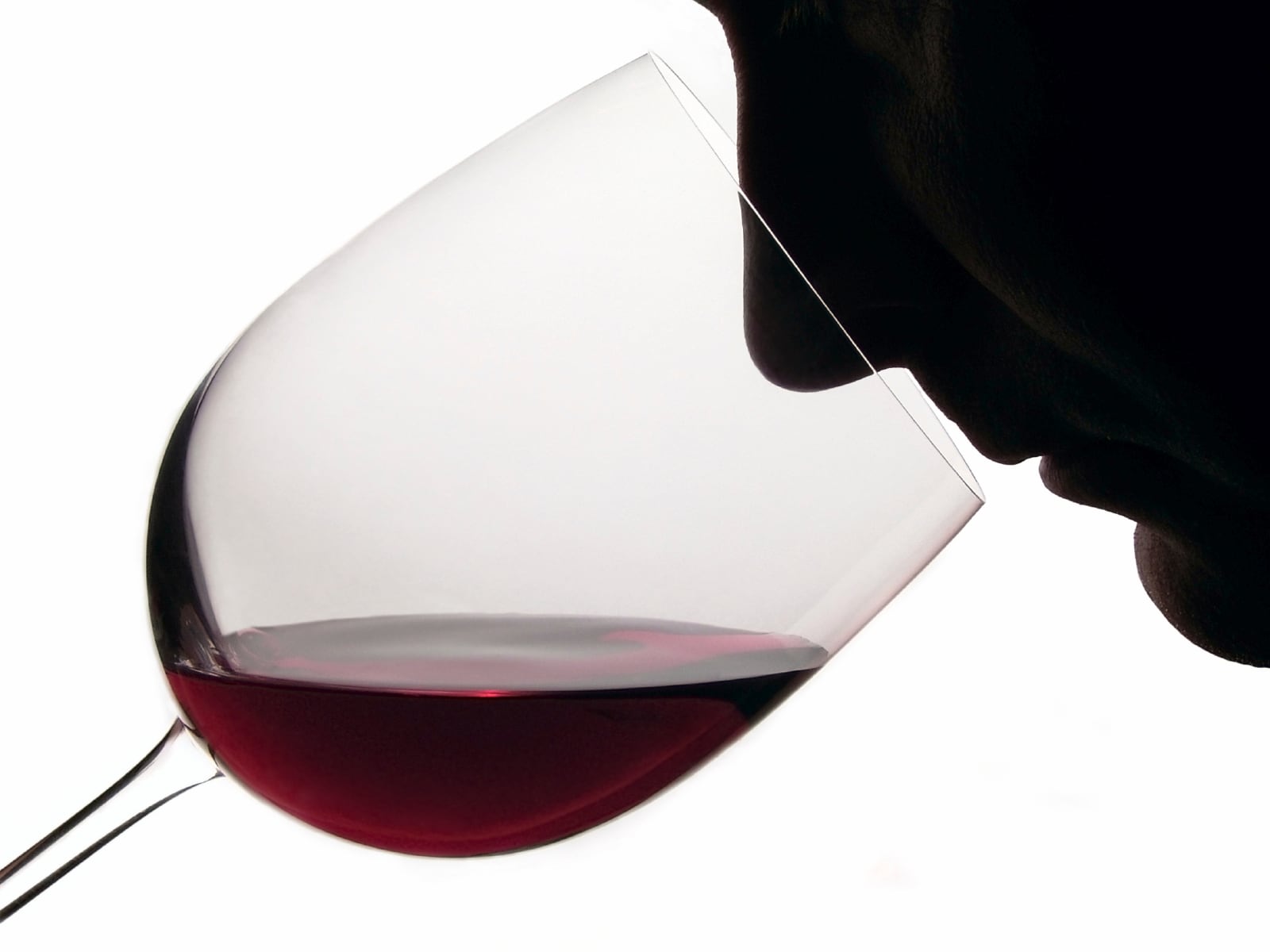Aspartame has been studied and debated for the past 50 years, with conclusions around its safety drawn on either side of the debate.
Despite ongoing controversy, the additive is authorised for use in food and drink in many places around the world. As reported in our sister publication, The Grocer, nearly half of all carbonated drinks on supermarket shelves in the UK contain this particular ingredient.
What is aspartame and why are people concerned?
Aspartame (or E 951) is a low-calorie, artificial sweetener that’s around 200 times sweeter than sugar. As such it’s often used as a substitute to enhance flavour and can be found in a range of diet fizzy drinks, among other products like chewing gum and yoghurt. However, some bodies within the scientific community believe they have identified a relationship between aspartame consumption and cancer. This includes researchers at the Ramazzini Institute, which published findings in 2006 and 2007 after testing aspartame doses on mice and rats.
As is usually the case, arguments to the contrary have also been made, with 90 global food safety agencies declaring aspartame safe when consumed in advised quantities. In 2013, the European Food Safety Authority completed a full risk assessment, concluding it was safe at current levels of exposure. Then, as recently as 2022, a research paper published in the US concluded that there is “no association between low-calorie sweetener use and overall cancer risk”.
Given the prevalence of aspartame within food and drink products and the public health implications potentially at stake, it was no surprise that further research projects focused on the sweetener were recently set into motion by the World Health Organisation (WHO).
The latest aspartame debate
On 29 June 2023, Reuters reported that the cancer research arm of the WHO, the International Agency for Research on Cancer (IARC), was set to classify aspartame as “possibly carcinogenic to humans” following the conclusion of its review into the sweetener.
This review was conducted alongside a complementary investigation by the Joint WHO and Food and Agriculture Organization's Expert Committee on Food Additives (JECFA).
The findings of the two reviews were released a couple of weeks later on 14 July 2023, and IARC did in fact classify aspartame as a possible carcinogen citing “limited evidence”. This meant that aspartame was placed into category 2B by IARC, alongside kimchi and aloe vera.
Category 2B is the third highest of four levels, with the system designed to rate how strong the evidence is to suggest something is dangerous.
Following publication of the findings, Dr Mary Schubauer-Berigan of the IARC Monographs programme said: “The findings of limited evidence of carcinogenicity in humans and animals, and of limited mechanistic evidence on how carcinogenicity may occur, underscore the need for more research to refine our understanding on whether consumption of aspartame poses a carcinogenic hazard.”
JECFA deems aspartame safe
Despite the call for further research by Dr Schubauer-Berigan, the accompanying JECFA findings urged consumers and manufacturers not to panic. After assessing the existing data and the evidence laid out by IARC, the committee decided against changing the existing acceptable daily intake (ADI) of aspartame deemed safe, which remains between zero and 40mg per kg of body weight.
Following publication of the findings, Dr Francesco Branca, director of the department of nutrition and food safety at the WHO, said that JECFA did not have any “major concern” about the use of aspartame given the current accepted quantities. However, Dr Branca added that “potential effects have been described that need to be investigated by more and better studies”.
Based on the reaffirmed ADI, someone weighing 70kg would need to consume between nine and 14 cans of diet soft drink (containing aspartame) in a day to exceed the limit (provided they did not consume any other products containing the sweetener).
In response to the IARC and JECFA reviews, a series of industry and regulatory bodies were quick to welcome the findings. The US Food and Drink Administration (FDA) said that its scientists consider aspartame suitable for consumption “under the approved conditions”, while American Beverage contended that “aspartame is safe”.
This assessment was shared by the Food Standards Agency (FSA) and Cancer Research UK, with the latter’s senior health information manager Dr Claire Knight stating that overall diet is much more important than individual ingredients when it comes to reducing cancer risk.
“There is no convincing evidence that it [aspartame] causes cancer in humans, and people shouldn’t be worried about getting cancer from aspartame in food and drink,” Dr Knight added.
The International Sweeteners Association (ISA) noted that this was not the first time JECFA has investigated the risk associated with human aspartame consumption, and still the advice remains unchanged.
“JECFA has once again reaffirmed aspartame’s safety after conducting a thorough, comprehensive and scientifically rigorous review,” said ISA secretary general Frances Hunt-Wood.
“Aspartame, like all low/no calorie sweeteners, when used as part of a balanced diet, provides consumers with choice to reduce sugar intake, a critical public health objective.”
The ISA also pointed to the fact that JECFA assesses potential risk to humans, while IARC purely looks at hazard. This means that IARC’s analysis does not take into account the quantity of aspartame that the average person consumes.
Speaking following the initial report, executive director at International Council of Beverages Associations (ICBA) Kate Loatman said that IARC “is not a food safety agency” and even blamed the organisation for causing confusion among consumers.
Divergence of opinion remains
While some organisations read JECFA’s findings as to suggest aspartame is safe, others feel that the two reviews have cast further doubt over the safety of the sweetener.
Jamie Cartwright, partner at law firm Charles Russell Speechlys, said that there remains a “clear divergence” of opinion on the topic of aspartame which could impact how consumers view products which contain it in the future.
“Ensuring that consumers have the right information is paramount, but a balance needs to be struck to avoid overwhelming or confusing them, and it is important to carefully consider where aspartame sits on this scale,” Cartwright warned.
“The possible carcinogen classification is indicative of the mixed evidence suggesting a link, but the labelling requirement will likely have a profound impact for retailers selling the product, in terms of both the cost associated with the labelling regulations, as well as maintaining consumer confidence.”
Erik Millstone, an independent scholar of food safety policy and emeritus professor for the Science Policy Research Unit at the University of Sussex, has studied aspartame for a number of years and believes that there is sufficient evidence for aspartame to be considered a significant risk.
In fact, in 2020, he called on the UK Government and FSA to use post-Brexit powers to ban its use in the UK.
According to Millstone, IARC’s findings are more “credible” than those released by JECFA.
“I noted that several members of the IARC panel supported a stronger conclusion, namely that aspartame is a probable carcinogen, but this was resisted because the evidence was said to be limited,” he told Food Manufacture.
“But evidence is never unlimited. Moreover, JECFA also insisted that the evidence was limited, but it is not clear what level of evidence JECFA would deem necessary and sufficient to support a judgement of aspartame as carcinogenic.”
With reference to the JECFA findings, Millstone cited the aforementioned Ramazzini studies which found evidence of aspartame causing cancer in mice and rats, in addition to a French clinical trial. The French study, published in March 2022, involved 102,865 adults and concluded that aspartame was associated with increased cancer risk.
Millstone said that these studies were considered by JECFA, but did not lead to a change in advice due to “uncertainty about the mechanism by which aspartame could be carcinogenic”.
As far as the professor is concerned, the responsibility of JECFA and the WHO is to prioritise safety over all else, and questions whether this has been done in this instance.
“I think that JECFA reinforced the status quo on very weak grounds,” Millstone said. “If the regulatory authorities were really protecting public health instead of looking after corporate interests, aspartame would already be off the market.”
Will drinks manufacturers respond with reformulation?
The JECFA decision not to amend its guidance means that the status quo has been maintained and with the growing trend towards low calorie and zero sugar products, the continued mass use of aspartame as a sweetener in food and soft drinks is almost certain.
However, what is not certain is how this episode will impact consumer confidence in products that contain aspartame in the future.
While the advice has not changed, the WHO and IARC will continue to monitor new research and are encouraging further study into aspartame to take place. But could persistent discussion surrounding the safety of aspartame put people off...?
Drink companies using the additive will likely be hedging their bets on consumers not changing their habits; both PepsiCo and Coca-Cola both recently confirmed they will not be altering the recipe of soft drinks that include the sweetener.
However, that does not mean these brands are immune to public pressure on either side.
“PepsiCo initially experimented with removing aspartame in the Diet Pepsi range back in 2015, but reintroduced the original version shortly thereafter due to negative consumer response,” recalled head of soft drinks at Euromonitor International, Howard Telford.
However, equity analyst at Hargreaves Lansdown Aarin Chiekrie was not surprised to see such a response from the big fizzy drink manufacturers in light of the latest aspartame debate.
“There’s not likely to be much change of tack from drinks makers and markets until more definitive findings on aspartame’s health effects are published, and it could be several years before that happens,” Chiekrie told Food Manufacture.
Garrett Nelson, senior equity analyst at CFRA Research, added that soft drink brands have made it clear that they will follow the advice issued by the FDA and JECFA.
“We think if their soft drink sales are negatively impacted in a material way, we could potentially see some reformulation,” Nelson said.
“Whether their product sales are impacted is really a function of how much attention the story garners.”
Potential aspartame alternatives
If reformulation is seen, Ingredion is one of numerous manufacturer that could offer an alternative to aspartame through its newly introduced PureCircle Clean Taste Solutions. This aims to deliver a range of distinct sweeteners for use in beverages, dairy, tea, coffee, sports nutrition, confectionery, sauces and dressings.
PureCircle’s solutions include a range of stevia sweeteners, which are derived from the stevia plant. PureCircle offers Reb M from stevia leaf extract, bioconversion and fermentation technologies.
Reb M is a molecule found naturally in the stevia leaf, and like other stevia sweeteners has zero calories.
Commenting on reformulating, Nate Yates, global platform lead for sugar reduction at Ingredion said that removing sugar and artificial sweeteners is not a one-size fits all approach.
“It is widely acknowledged Reb M is the best tasting glycoside on the market, but what we’ve seen is there is no one universal stevia solution across food and beverage categories,” he added.
“These [PureCircle] stevia solutions go one step further by harnessing more of the synergies between molecules in the stevia leaf, including Reb M, to create the best possible taste outcome for specific applications for up to 100% sugar reduction.”
Israeli company Sweet Balance meanwhile offers a “low intensity” sweetener that it hopes can soon compete with aspartame and stevia. Founded in 2021 by former Coca Cola executive Yoav Dagan, it has designed a natural formula which the company claims contains 80% less calories than sugar.
Part of the Fresh Start foodtech incubator programme, Sweet Balance’s sweetener can be used in soft drinks, as well as other products such as jam, baked goods, confectionery and ice cream.
“There are market innovations in low intensity natural sweeteners that can replace sugar while maintaining the taste and functionality of sugar,” Dagan told Food Manufacture.
“These alternatives still cannot compete on price with intense sweeteners such as aspartame, but as time evolves and more scale is achieved the premium for these alternatives will decline.”
It will be interesting to see how the alternative sugar market evolves in the future and whether further information will come to light around aspartame and health. If history around this particular additive tells us anything, it’s that we’re likely to hear more about it in the coming years. However, as Chiekrie said, until more conclusive findings come, we’ll likely see beverage giants sticking to their recipes.





